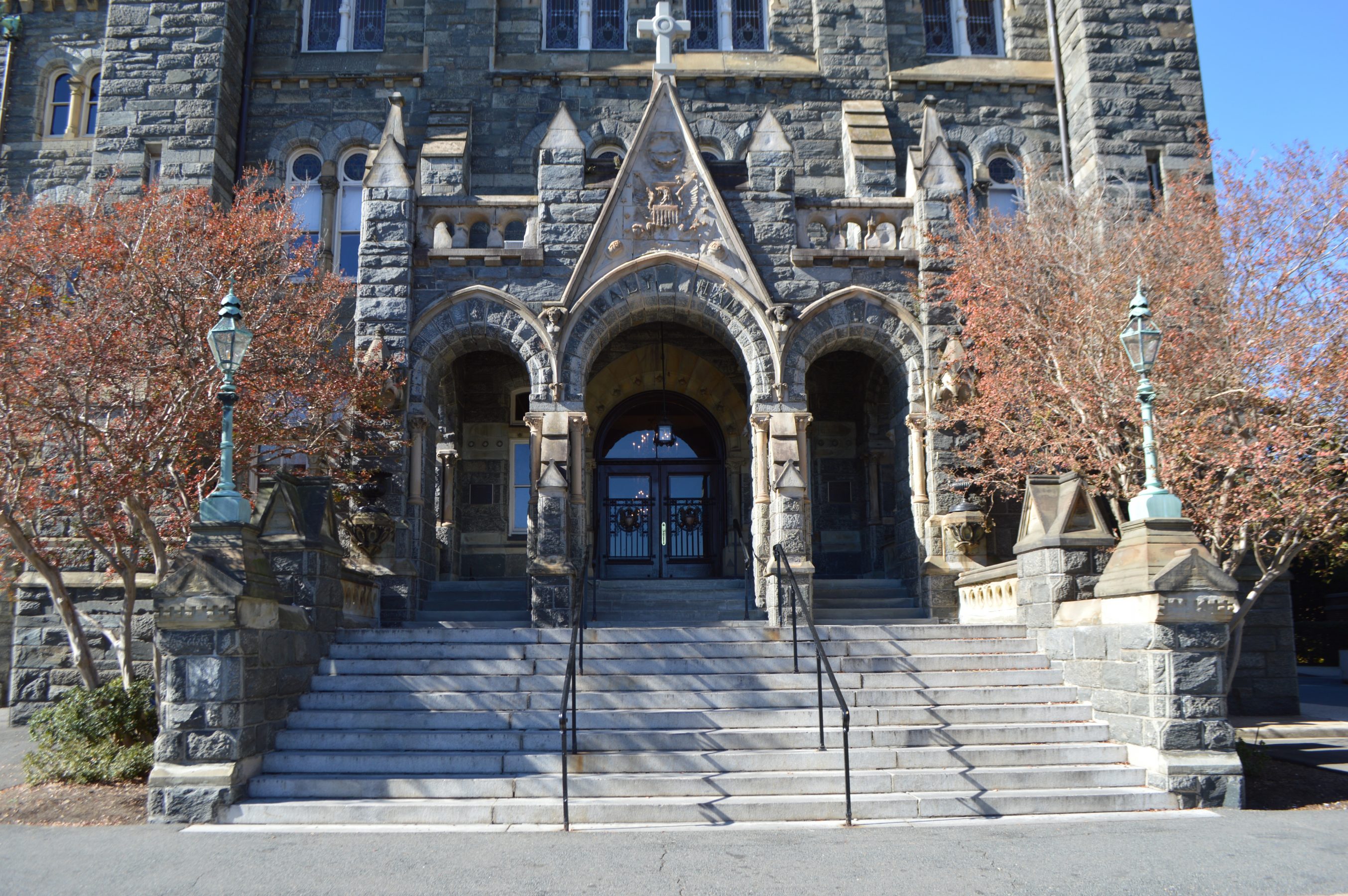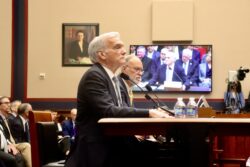The deans of Georgetown College announced the creation of two new minor programs in Disability Studies and statistics.
Professor Oden Meyers, who helped establish the statistics minor, said that statistics is a complement to degrees in social sciences, natural sciences, humanities, which makes students much more attractive to graduate schools and employers “Statistics and data analysis are becoming more and more valued in the professional world,” Meyers said.
Two professors were added to the statistics department this past year. Together, these six individuals selected the essential courses for the minor. “When we give students a Georgetown Statistics Minor we want to stand behind it, we want to be proud of it. It’s not just a rubber stamp, we want them to be able to use and apply what they learned in the classroom,” Meyers said.
Meyers explained that when he came to Georgetown there was only one section of courses like“Applied Statistical Methods”, but there are now two sections of the class per semester. This increase in enrollment represented a growing desire to expand the scope of the statistics program.
Professor Libbie Rifkin, who currently leads the Disabilities Studies working group, discussed the details of the Disability Studies minor, emphasizing its connections to other fields. “Disability Studies is a deeply interdisciplinary field that explores the history, the politics, the culture, the art, the lived experience, of disability, with the idea that disability is a very particular, and often marginalized, identity that is part of the whole human experience,” Rifkin said.
In the fall of 2015, with the help of the Red House, a wing of the provost’s office that specializes in academic development, Rifkin and other professors created the Disabilities Studies Course Cluster. More than 500 students took courses and attended other lectures and events as part of the cluster.
Danielle Zamalin (NHS ‘18), the GUSA Accessibility Policy chair, launched a petition to create the minor and garnered support from students and staff. “Social media, tabling around campus, door-to-door visits, and countless other techniques [were used] to gather the voices and numbers to show Georgetown that this was necessary and desired by its students, faculty, and fellow administrative members,” Zamalin wrote in an email to the Voice.
Rifkin added that the Disabilities Studies minor prepares students, regardless of their field, for the world around them. “One in five Americans identify themselves as disabled – it is our largest minority. So, whether a student is in medicine, or law, or policy, or the arts, it is a reality in the workplace that he or she will be equipped to deal with,” Rifkin said.
Both Zamalin and Rifkin emphasized the importance of the minors in the current political climate. “As an educational institution, we are the country’s only resource to combat such prejudice and ignorance; we have the opportunity to teach,” Zamalin wrote.
Rifkin shared this sentiment. “There are 45 other institutions who offer the Disability Studies program, including research schools like Syracuse, UC Berkeley, and Ohio State. Georgetown now has the ability to help lead the development of disability studies nationwide,” Rifkin said.
With the addition of these two programs, there are now a total of 54 minors that supplement the 47 majors for students to choose from.




